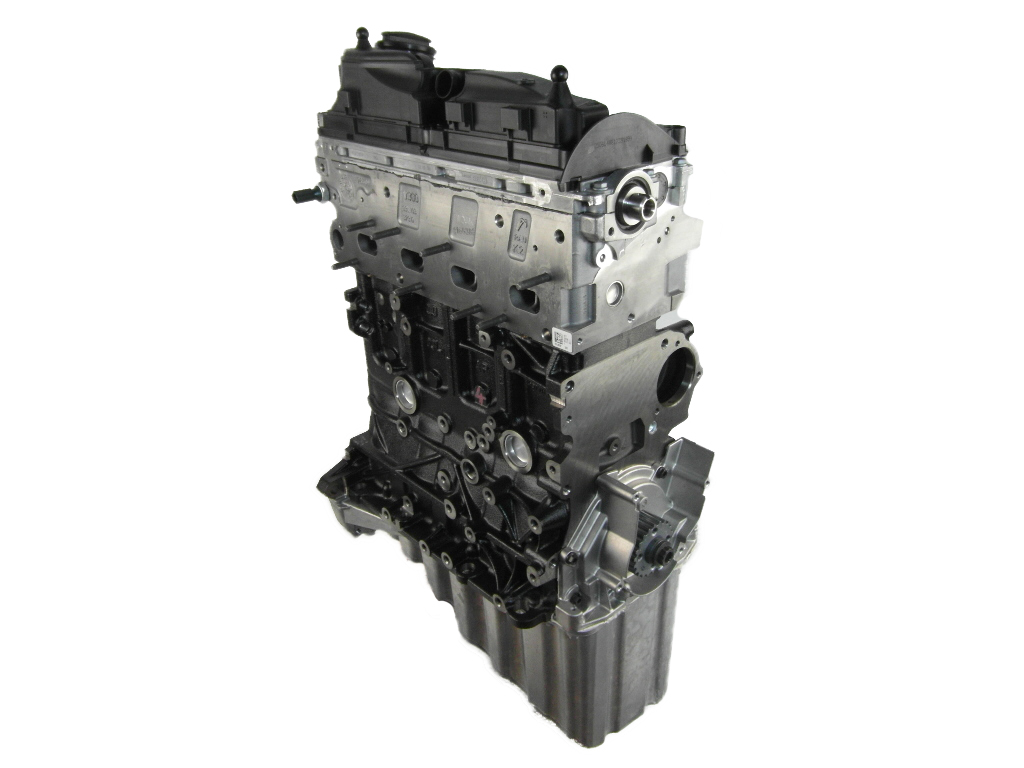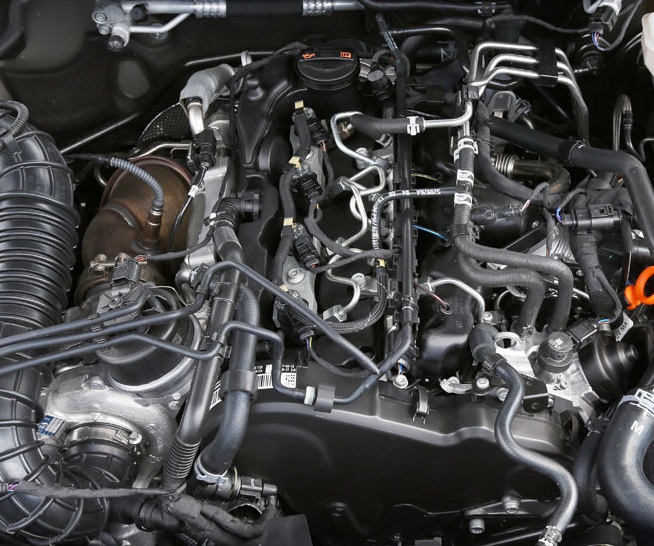Discover the very best Deals on Amarok Engine for Sale-- Top Quality and Performance Assured
Discover the very best Deals on Amarok Engine for Sale-- Top Quality and Performance Assured
Blog Article
Navigating the Process of Engine Choice: Secret Aspects to Consider
The procedure of engine option is a multifaceted venture that requires cautious analysis of several important aspects to make certain placement with operational objectives. Efficiency needs, fuel performance, and budgetary constraints are just the start; factors to consider around environmental effect and maintenance support play a critical role in the decision-making framework. Recognizing just how each of these elements interacts can significantly affect the effectiveness and longevity of your investment. Nonetheless, the intricacies of each aspect may not be instantly obvious, motivating more exam of exactly how to purposefully navigate this facility landscape.
Efficiency Needs
When picking an engine, it is critical to develop clear efficiency needs that straighten with the desired application. Performance needs encompass a variety of variables, consisting of power result, torque features, and responsiveness, which must be tailored to the specific needs of the lorry or equipment in question.
Power result, generally measured in horsepower, determines the engine's ability to drive a lorry or carry out a job successfully. Torque, on the other hand, is crucial for applications calling for strong initial acceleration or heavy lifting capabilities. An understanding of the operational setting is likewise important; for circumstances, engines made for off-road applications might call for different performance attributes contrasted to those intended for highway use.
Additionally, consider the operational load and obligation cycle, as these aspects affect the engine's longevity and integrity. In high-load scenarios, a durable engine style may be required to avoid early wear or failing.
Fuel Performance Factors To Consider
While efficiency requirements are crucial, gas performance is equally essential in the engine option process, as it straight influences operating expense and ecological sustainability. Fuel-efficient engines eat less gas each of work executed, which not only reduces general expense however additionally lessens greenhouse gas discharges. As companies increasingly prioritize sustainability, selecting an engine that maximizes gas effectiveness can boost business duty and conformity with ecological laws.
When assessing fuel effectiveness, it is important to take into consideration the engine's layout and modern technology - amarok engine for sale. Advancements such as turbocharging, straight fuel injection, and crossbreed systems can dramatically enhance gas economic situation. Furthermore, recognizing the operating conditions and duty cycles of the engine application is essential; engines might carry out in different ways under varying tons and rates
Additionally, manufacturers frequently supply fuel usage data that can be utilized to compare numerous engine options. It is advisable to examine these requirements in real-world situations to make sure accuracy. The type of fuel used can additionally affect gas efficiency; alternate fuels might supply far better efficiency and lower emissions. In recap, gas performance is a multi-faceted consideration that needs comprehensive analysis throughout the engine option procedure.
Spending Plan and Cost Analysis
Budget plan and price analysis acts as a vital element in the engine choice procedure, affecting both short-term financial investments and long-lasting operational costs. When examining possible engines, it is important to think about not only the initial acquisition cost yet also the complete more expense of ownership, which incorporates installation, maintenance, fuel consumption, and potential downtime.
A comprehensive analysis should begin with the upfront prices linked with the engine, including required modifications or ancillary tools. Concentrating solely on initial expenses might lead to misdirected decisions. Assessing operating expense over the engine's life expectancy is equally essential, as much more expensive engines could offer remarkable gas effectiveness or reduced maintenance requirements, inevitably causing cost savings.

Ecological Influence Variables
Recognizing my link ecological impact aspects is essential in the engine choice process, as sustainability factors to consider have become significantly crucial for both regulative conformity and business obligation. Organizations needs to review the exhausts created by numerous engine kinds, including carbon dioxide, nitrogen oxides, particle matter, and unburned hydrocarbons. These emissions add substantially to air contamination and climate modification, necessitating a careful analysis of the engine's ecological footprint.
Moreover, fuel type plays an important role in ecological effect. Engines powered by renewable resource resources, such as biofuels or hydrogen, often tend to have a lower ecological influence compared to standard fossil fuels. In addition, the lifecycle evaluation of the engine, from manufacturing through procedure to disposal, ought to be thought about to comprehend the complete range of its ecological implications.

Maintenance and Assistance Choices
When picking an engine, the availability of upkeep and support alternatives is an important factor to consider that can substantially influence operational performance and longevity. Comprehensive upkeep plans make sure that the engine runs at peak efficiency and reduces unexpected downtimes. It is important to assess the manufacturer's assistance network, consisting of the schedule of qualified specialists and service facilities.
Analyzing the ease of access of spare parts is also vital. A trustworthy supply chain for elements can lower preparations for repair services and maintenance, consequently improving general performance. Additionally, take into consideration the simplicity of getting technical documentation and training sources, which are essential for guaranteeing that employees are well-equipped to take care of regular and emergency situation circumstances.
An additional vital element is the service warranty and solution agreements offered by the manufacturer. Inevitably, an aggressive technique to upkeep and assistance not just extends the life of the engine yet likewise contributes to the general success of the procedure.
Conclusion
To conclude, the process of engine choice necessitates a comprehensive evaluation of numerous crucial factors, consisting of efficiency requirements, gas performance, budget plan constraints, ecological influence, and upkeep support. By diligently analyzing these components, notified decisions can be made that line up with operational objectives and sustainability goals. Ultimately, a critical method to engine selection will certainly make sure ideal performance and long life while resolving financial and ecological factors to consider efficiently.
While performance requirements are crucial, gas efficiency is equally vital in the engine option process, as it directly impacts operating costs and ecological sustainability. As companies increasingly focus on sustainability, choosing an engine that optimizes gas efficiency can enhance corporate obligation and compliance with environmental policies.
In addition, understanding the operating conditions and obligation cycles of the engine application is crucial; engines might carry out in a different way under differing rates and loads. (amarok engine for sale)
Evaluating operating costs over the engine's lifespan is equally important, as much more costly engines could go to my site use remarkable gas effectiveness or decreased upkeep demands, eventually leading to set you back savings.
In conclusion, the procedure of engine selection necessitates an extensive assessment of different essential factors, consisting of efficiency demands, gas effectiveness, budget plan restraints, environmental impact, and maintenance support. - amarok engine for sale
Report this page